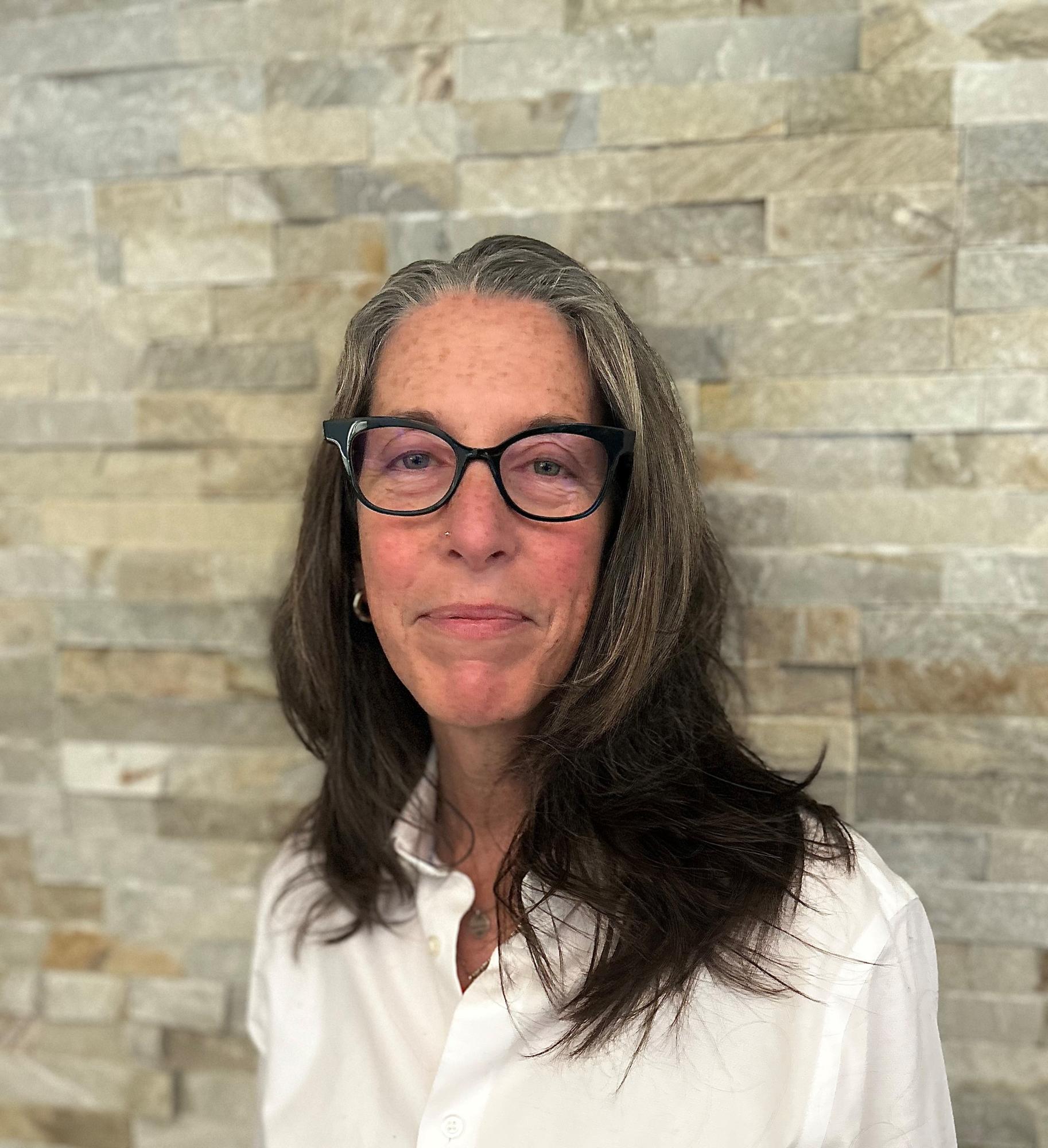
Michaela Donnelly, KC (LLB ‘96) is senior trial counsel with the BC Prosecution Service (BCPS), specializing in major crime prosecutions, such as homicides and dangerous-offender applications. She is a recognized expert on issues related to not criminally responsible by reason of mental disorder, providing training for lawyers, police and other justice system participants.
Donnelly also regularly appears before the BC Review Board. She is deeply committed to legal education, mentorship and community service, and has served on various Boards of Directors including those related to adoption advocacy and girl’s (youth) soccer. She has also served on the BCPS Gender Equity and Advancement Committee, focusing on improving equity and opportunities for women in the legal profession.
Did you always know that you wanted to be a lawyer? Tell us about your journey to law school.
Not at all! Other than at an early age wanting to be a vet or a park ranger, I did not think much about “becoming something”. I attended a variety of undergraduate schools, enjoyed myself and learned a lot. When my schooling was done, I found that my focus on classical political philosophy, political science and women’s studies taught me how to think but did not really qualify me for the workforce. I spent some time working at MEC, wondering what came next. A PhD did not seem like the right fit, and I wanted to stay on the west coast, so I came up with the idea of law school at UBC. There were no lawyers in my family, I did not know any lawyers and had never been inside a law firm. I was a little bit surprised to find myself a lawyer once I finished law school.
I understand that you have been practicing as Crown counsel (first federally and then provincially) for almost 30 years. Did you always know that you wanted to work as Crown counsel? What originally drew you to this type of work and what has kept your interest?
Much like my entry into law, my entry into criminal law and the job of Crown Counsel was unplanned and fairly serendipitous. I decided to article at a large downtown firm to get exposure to the widest breadth of work because I really had no idea what I wanted to do. At that time, the provincial crown hired articled students from firms to spend a month running the first appearance list at 222 Main Street. Back then, courtroom 100 was chaotic and busy. I was on my feet (literally) for much of the day, dealing with all sorts of people and all sorts of novel (to me!) issues. It was very different from the memo writing that I had been doing at the firm, and I was quite taken with it. About a year after I was called, a position opened at the federal crown, and I left private practice behind for good.
You specialize in major crime prosecutions, such as homicide and dangerous-offender applications. This is obviously some of the most intense and emotional work a lawyer might undertake. How do you maintain some kind of balance in your life when you are continuously faced with such challenging cases?
That is always a challenge in this area of practice. I have a teenage daughter and she is a constant reminder of how important it is to draw some boundaries around my work life. I plan holidays that cannot be “working vacations”. And I take the long view - sometimes work will take over for a period of time, particularly as a trial lawyer. But over the long haul, you alone have the responsibility of making sure that work and your personal life balance out. No-one is going to do it for you.
You are also an expert on issues related to decisions of not criminally responsible by reason of mental disorder. How has your work in this specific area evolved over your career?
Many years ago I had a trial in which the accused successfully raised the issue of NCRMD (not criminally responsible on account of mental disorder). I found the intersection of psychiatry, mental illness and criminal law fascinating, and I actively sought out that work. Many years later, what started as a niche area has become something that all of us who practice in criminal law deal with on a regular basis in some way or another. It is a challenging, sometimes heart wrenching and complex area in which to work.
I understand you are committed to advocacy and volunteer work, serving (for example) on the BCPS Gender Equity and Advancement Committee (which focuses on improving equity and opportunities for women in the legal profession). Tell us more about this work and why it’s important to you.
I have been involved in advocacy and volunteer work for most of my adult life. Following in the steps of my mother, I have gotten involved in things that are close to my heart – dogs, my daughter’s soccer club adoption advocacy and local community engagement. And like my father, I really enjoy teaching kids, adults, lawyers and non-lawyers. This work reminds me that I am part of a larger community, which brings me joy.
Getting to know Michaela Donnelly, KC
Favourite restaurant (eat-in or takeout): My daughter and I get take out from Thai Pud Pong, a small family run Thai restaurant, and eat on the beach.
Favourite ‘destressing’ activity: Going on a run.
Favourite ‘pump-up’ song: Little Girl Gone (Chinchilla)
Best movie you’ve watched or book you’ve read in the past year: Adolescence (Netflix)
What are you really looking forward to doing this summer: My almost annual run/hike in Manning Park and my summer vacation with my daughter. (I am writing this sitting next to 300 year old olive trees!)
First published on June 25, 2025.